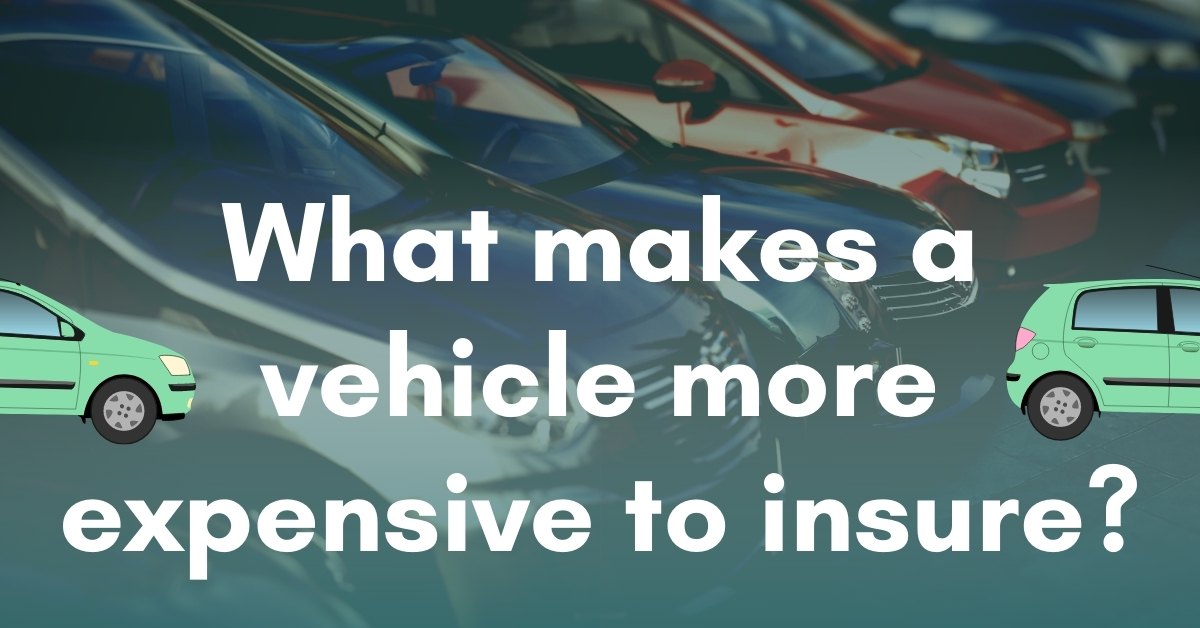Before you purchase a car, it’s a good idea to understand all the costs associated with the purchase of the vehicle — including the cost of car insurance in New Hampshire.

The Cost Basics
Learning about how New Hampshire auto insurance rates are determined will help you to navigate why rates vary and assist you with your auto buying decision. Factors that impact auto rates include the following:
Age of Insured Driver(s)
Young drivers under the age of 25 are statistically up to four times more likely to be in an accident, so rates are typically higher than their older counterparts. Additionally, males under the age of 25 will be more expensive to insure than females of that age.
Driver record
Studies indicate that drivers with past claims are more likely to have future claims. Drivers with moving violations, accidents and/or claims in the past three years will usually pay a higher price for their NH auto insurance policy than those ensuring the same vehicle but are “loss-free.”
The Type of Vehicle You Drive
Both size and performance impact premium costs:
-
- Size: Larger cars tend to be less expensive to insure than smaller cars because they typically suffer less damage in an accident.
- Performance: High-performance vehicles, such as sports cars, tend to be more expensive to insure since they are statistically driven more aggressively. As a result, they tend to be involved in accidents more frequently.
Value and Age of Car
As a simple rule of thumb, the more expensive the car, the more it will cost to insure. The newer the vehicle, the more it costs to insure.
Car Features
You can earn premium discounts based on the vehicles safety features, such as anti-lock brakes, air bags, anti-theft devices and having more than one car on the policy.
Vehicle Usage and Location
Typically, the higher the mileage, the higher the premium. Additionally, the more densely populated an area is, the higher the auto premium.
Deductible Choice
The higher your deductible, the lower your premium.
